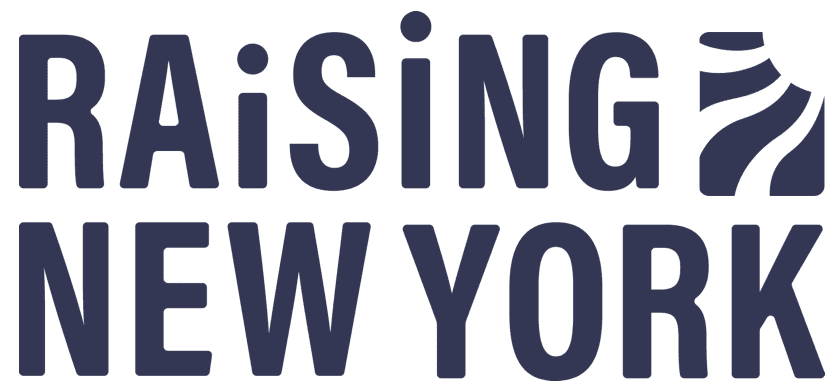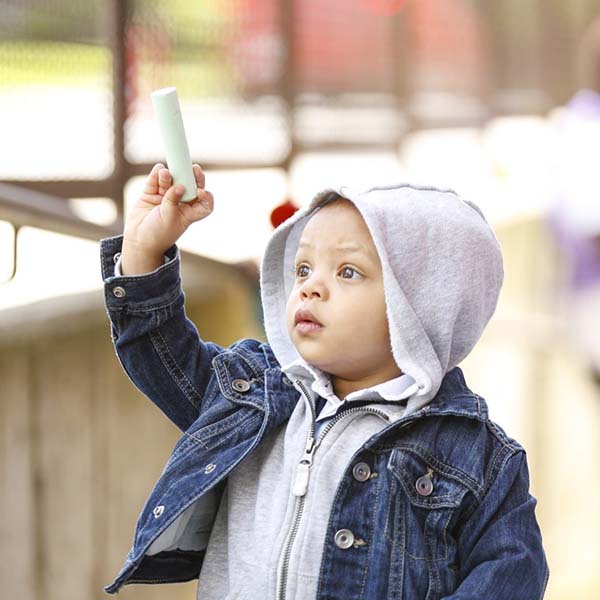Parent experiences during the pandemic underscore the critical need for city and state leaders to invest in New York’s child care system
NEW YORK – A new report released today highlights the challenges South Bronx parents from diverse backgrounds face ensuring their children are cared for, from the high costs of child care to difficult schedules to a lack of developmental supports for their children.
In a series of focus groups, the Raising NY coalition captured the lived experiences of parents in an area that is the home to many families of color and immigrant families. The South Bronx is also a child care desert—an area where child care programs are scarce and residents face considerable barriers to meeting their families’ needs due to decades of structural racism and economic inequities, which is exacerbated by a fragmented system of early childhood programs that vary widely on hours of care offered, ages of children served, program setting, and program curriculum.
“My wife wants to get back to the workforce, but if she goes back then she’s just working to pay for child care,” one parent said. “It doesn’t make sense. Yes, the government assistance from COVID helps but it’s just temporary and it’s not going to help long-term. We need more supports for parents so we can be productive and contribute to the economy.”
The stories shared by South Bronx families are a small glimpse into child care challenges faced all over New York City, which were captured in the results of a poll conducted this summer by The Education Trust–New York. The poll found that New Yorkers overwhelmingly want the next mayor to provide economic relief to working parents and help support our youngest New Yorkers to stay developmentally on track.
Among the findings from the poll:
• Nine out of 10 residents in the Bronx said that child care is a burden for families in NYC. Of those who indicated child care is a burden, nine out of 10 said it is hard to find affordable, high-quality child care that families are completely satisfied with.
• Lack of access to child care has created a number of financial difficulties for parents, including job loss and difficulty paying for basic expenses.
• Parents are largely satisfied with their family-based or center-based child care centers, although Black and Latinx parents and parents from low-income households are much less likely to rank their experience as positive. Residents broadly support further investments in these programs.
“The time to support families, caregivers, and New York’s youngest is now,” said Dia Bryant, executive director of The Education Trust–New York. “As New York City continues its ongoing economic recovery from the pandemic, it is crucial that the next mayoral administration invest in an affordable, high-quality child care system that will allow more parents get back to work and support their families.”
“In recent years, New York City has made tremendous gains in expanding access to free 3K and Pre-K early learning opportunities across the five boroughs. While it is an important step, it is critical that the incoming administration reflects upon persistent deterrents in accessing programs that are inherently beneficial to children’s development and school readiness and work to continue building out a system that meets diverse family and child needs,” said Ramon Peguero, Esq., president & CEO for the Committee for Hispanic Children & Families. “We continue to hear of barriers in access for working families who require affordable care beyond the traditional school day/year model, as well as barriers in accessing early learning/care options that allow for mixed-age children – ultimately feeling like the free option doesn’t quite ‘fit.’ The Committee for Hispanic Children & Families (CHCF) looks forward to continuing to work with city and statewide partners on further building out responsive systems that offer an affordable, accessible continuum of care and early learning from birth, through pre-school, and into K-12. As we recover from the social, emotional, and developmental impacts of the pandemic on our youngest New Yorkers, the time is now to ensure our early learning systems reflect the needs of our families and communities.”

